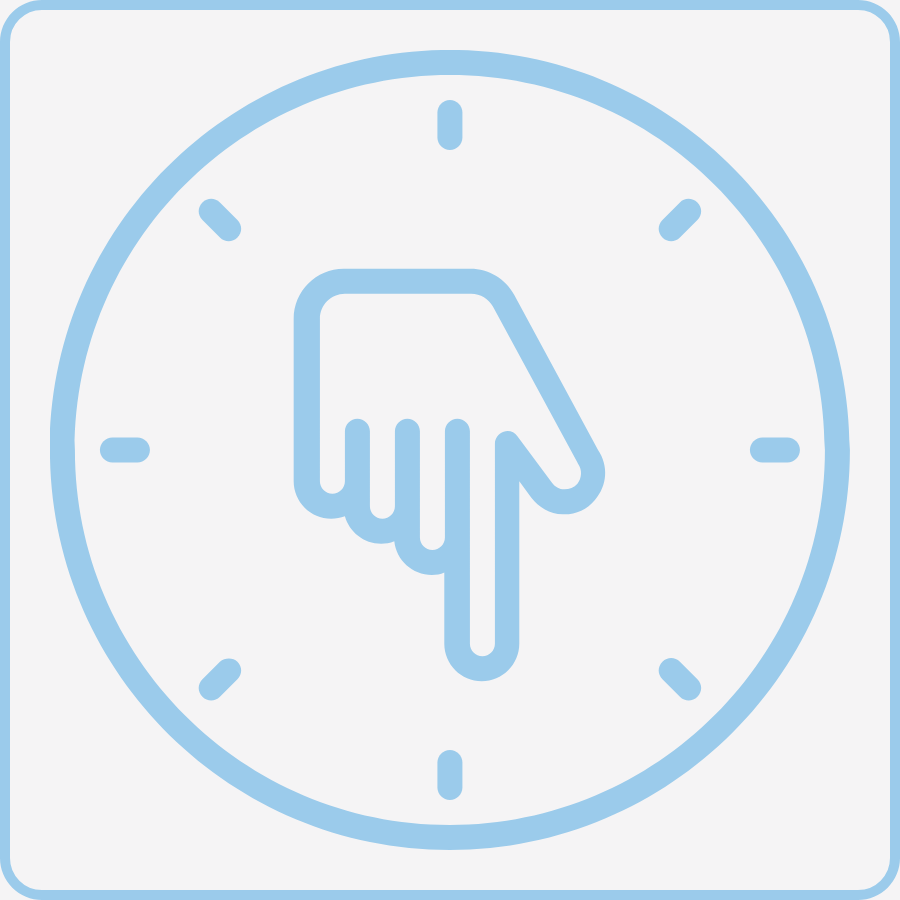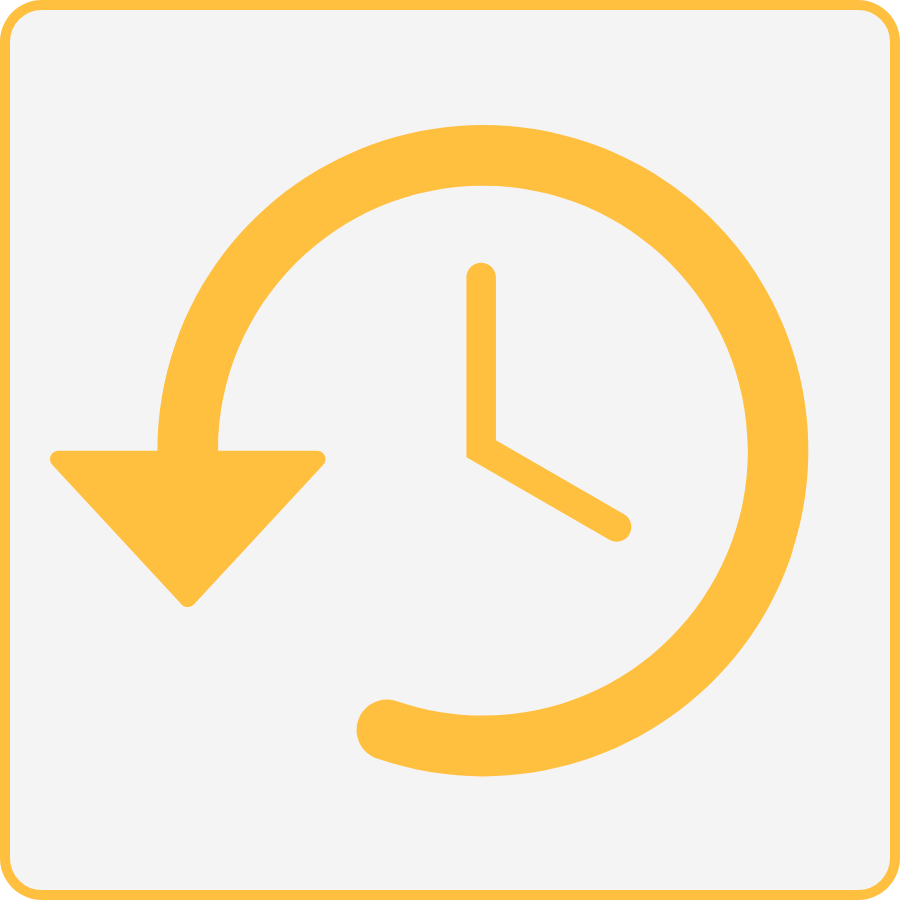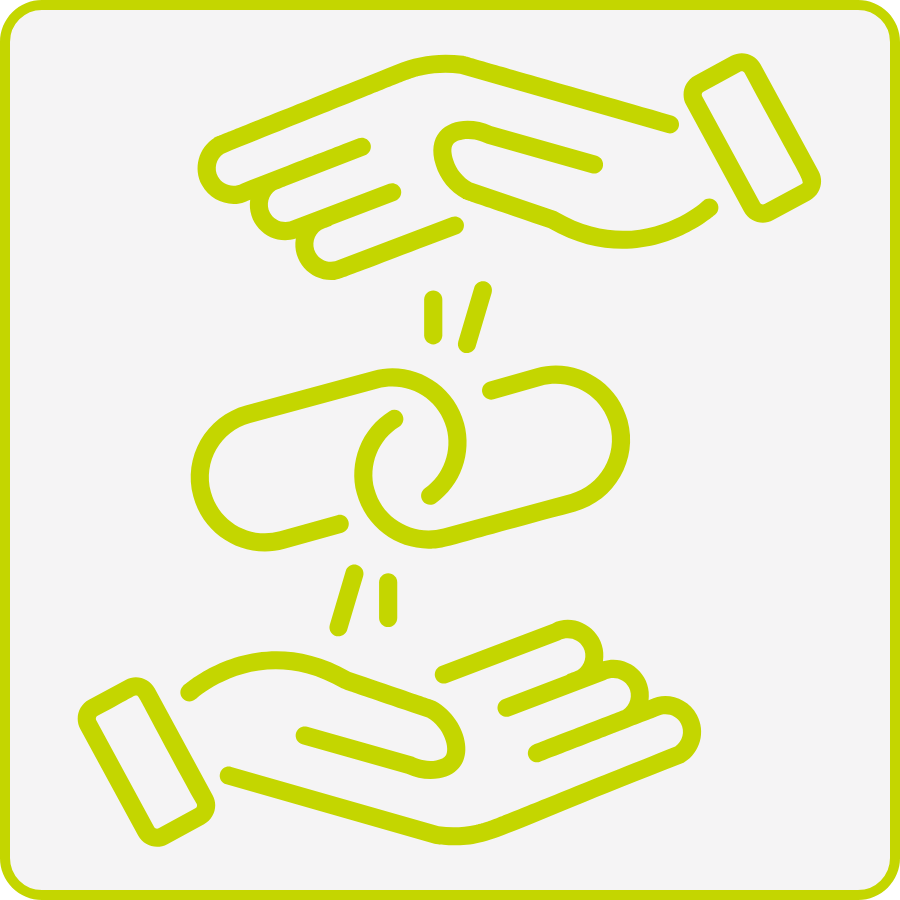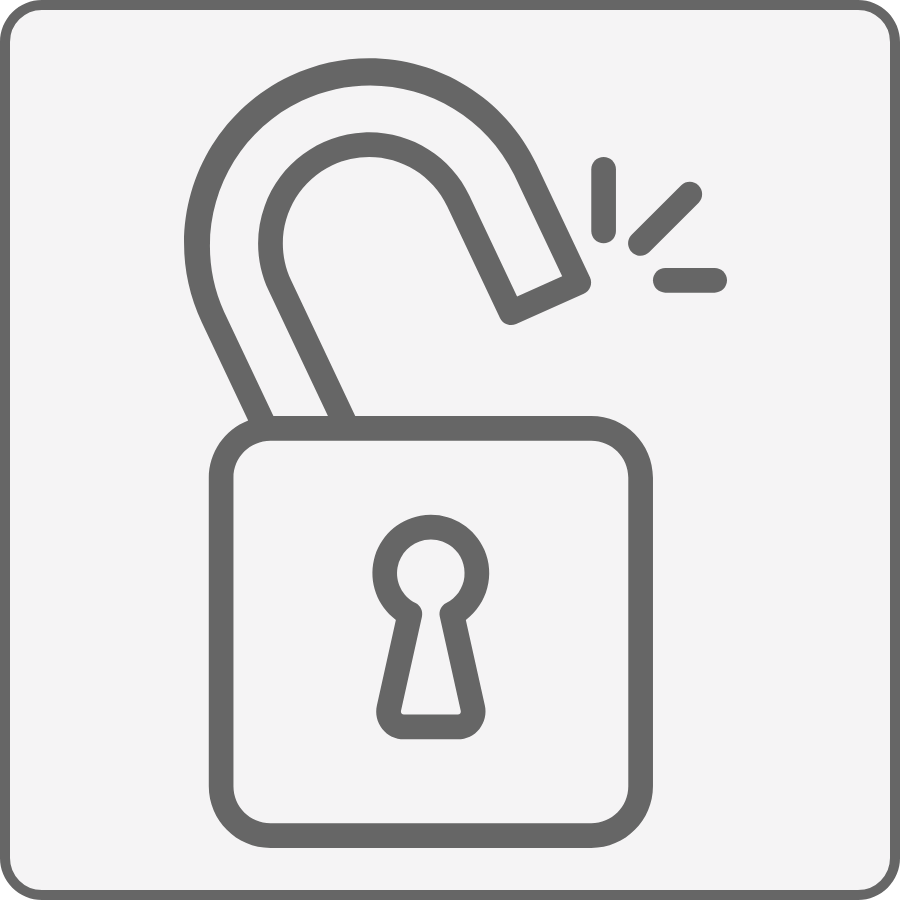Welcome to the Faculty Development hub at the University of New Orleans. This page provides a central space for professional growth, offering a range of resources to support your teaching, research, and service.
Our resources are organized into four categories:
- Current Opportunities – Explore upcoming workshops, trainings, and events offered by UNO.
- Past Offerings – Access recordings and materials from previous workshops and events.
- Affiliated Offerings – Discover professional development opportunities through organizations where UNO faculty have membership benefits.
- Free Resources – Take advantage of high-quality, no-cost professional development opportunities.
Stay engaged, keep learning, and enhance your faculty experience with these valuable resources.
Faculty Success Workshop Series
Create Inclusive Classroom Environments
On-Demand Webinar
Address Implicit Bias, Microaggressions and Exclusion for Improved Discussion and Academic Success
Classroom environments and instructional styles may unintentionally be demonstrating bias or reinforcing microaggressions. Without a clear and direct plan for creating inclusive classroom and learning environments, students may feel a lack of connection due to feelings of exclusion or othering. This can lead to disengagement from course content and activities that are not relevant to diverse populations and increased feelings of marginalization.
Our expert presenter – Farzana Nayani, a recognized Diversity, Equity, and Inclusion specialist, executive coach, and keynote speaker – will help those who are teaching avoid unintentionally creating classroom environments that exhibit bias and microaggressions, leading to frustration and a lack of effective learning. She will provide reflection activities to unpack biases that you may have in the classroom setting, question prompts to foster dialogue and reflection, and vivid examples of how this appears at higher education institutions.
Take a closer look at:
- Recognizing your own implicit bias and its impact on others
- Identifying and interrupting microaggressions
- Reviewing classroom policies, course material, and instructional methods to minimize microaggressions and bias
- Implementing proactive strategies that continually foster an inclusive classroom environment
- Providing opportunities for a variety of perspectives and voices in the classroom
- You will be able to develop personalized strategies that work for you and your educational environment, as well as to incorporate perspective-taking and an intersectional lens into addressing this topic.
Topics Covered
Gain actionable takeaways, so you can:
- Gain a deeper understanding of implicit bias and microaggressions in the classroom setting – avoid unintentionally creating frustration, disengagement and marginalization in your teaching methods and learning activities.
- Develop an awareness of how to reduce implicit bias and microaggressions that impact the classroom environment – avoid mismanaged conversations that often result in unresolved issues, misunderstanding, and simmering conflict that undermine learning outcomes and campus-wide goals to create inclusive campus environments.
- Developing a process for planning inclusive classroom practices and strategies – avoid instructional styles and dialogues that may be unintentionally demonstrating bias or reinforcing microaggressions.
- Cultivate a self-reflection practice to support building a sustainable inclusive classroom environment – conduct a regular audit of educational materials through personalized strategies that work for you and your educational environment.
- Recognize when a classroom discussion becomes “difficult” for students and/or themselves – get tools and approaches to de-escalate triggered reactions and promote engaged conversation.
Presenter: Farzana Nayani is a recognized Diversity, Equity, and Inclusion specialist, executive coach, and keynote speaker. She has worked with higher education institutions, Fortune 500 corporations, public agencies, school districts, and non-profit organizations as a consultant and trainer on diversity, equity and inclusion, intercultural communication, and inclusive leadership.
This webinar, presented by PaperClip Communications, is available on-demand to all UNO faculty.
Click here to access this webinar and supporting materials. (UNO credentials required.)
Marginalized Students and First-Year Success
On-Demand Webinar
Streamline Their Transitions for Success
Institutions need to stop asking if students are college ready, and instead ask, “Are we ready for students?” — especially marginalized students. Committing to support marginalized students begins with allocating resources to match their specific needs — and focusing on everything they experience in completing their first year is critical. There is no quick fix — transition experiences and intersectional identities must be considered in developing orientation, mentorship, and engagement opportunities.
Our presenter shares how to ensure success for marginalized students including how to:
- Navigate their transition to campus
- Provide opportunities for learning and connection with essential campus resources
- Ensure they develop intentional relationships with others for their personal and professional development
- Cultivate a stronger sense of community and belonging.
She provides a framework/foundation through transition and student development theories and intersectionality as lenses through which to understand and better serve your marginalized students.
Create programs that focus on strengths versus deficits to guide and appropriately redirect campus resources to support marginalized students from orientation throughout their first year at your institution. Ensure your students are engaged, supported, and walk across the commencement stage!
Topics Covered
As a result of this webinar, you will be able to:
- Develop an asset-based, intentional, and holistic approach that helps prevent a gap in first-year student support for marginalized students – build “check points” to increase student retention, academic success, student engagement and graduation rates across diverse student populations.
- Consider the impact of transition experiences and intersectionality to frame and inform your support programs – meet the needs of this diverse student population and empower them in a sustainable way.
- Design programs and interventions that increase institutional commitment and cross-division partnerships for this unique group of students – create a competent and responsive community that ensures marginalized students feel valued and a sense of belonging and support.
- Facilitate critical conversations with key stakeholders on your campus to allocate human and fiscal resources available to assist marginalized students – think creatively to utilize resources you have to provide tailored services to support their academic, emotional and social well-being.
Presenter: Mayra Garces (she/her/ella) is currently an Assistant Director in Student Enrichment Services at Northwestern University
This webinar, presented by PaperClip Communications, is available on-demand to all UNO faculty.
Click here to access this webinar and supporting materials. (UNO credentials required.)
Growth Mindset & Resiliency
On-Demand Webinar
Effective Programs To Improve Self-Efficacy and Optimism For Students, Faculty & Staff
Resilience, or the ability to quickly recover from difficulties and stress, can help protect us from negative life outcomes as well as lead to higher levels of happiness and greater life satisfaction. Prior to the pandemic, many college students were not faced with adversity where resilience was needed. Thus, when they arrive on campus and are met with even minor adversity, such as a roommate conflict or a “bad grade” such as a C, they show fragility and become overwhelmed by these situations. Even worse, many of these students dwell on these problems, develop unhealthy coping mechanisms, and show increased levels of anxiety and depression. These outcomes lead to increase demands on campus resources as well as decreased student retention.
For many years, higher education professionals have been focused on the resilience of our students. But what about those who focus on our students? Professionals within higher education are, at times, just as overwhelmed and fragile as students are. This program will address the need for resilience in both populations.
Our expert presenter – Dr. Marcus Hotaling, Director of the Eppler-Wolff Counseling Center at Union College and President of the Association for University and College Counseling Center Directors (AUCCCD) – focuses on the factors known to be predictive of increasing resilience in college students, as well as identifying various strategies to foster increased resilience skills in students, with a focus on problem solving, social skills, and a focus on health and well-being. This presentation will also examine various programs and curricula designed to help improve and strengthen resilience in students. Beyond students, this training will also focus on “helping the helpers,” focusing on what higher education professionals can do to improve resilience within departments, as well as what institutions of higher education can do to improve the resilience of their faculty and staff.
Topics Covered
As a result of this webinar, you will be able to:
- Identify the negative outcomes and positive benefits of resilience in both the student and higher education professional populations – focus on developing action items and programs to increase resilience in your students and your higher education professionals.
- Identify and build an action plan for students to build resilience – help students help themselves in improving a growth mindset, optimism and self-efficacy so they can stay the course when challenges arise.
- Focus on the variables we all need to develop and maintain resilience – help your helpers too!
- Knowledge about the importance of resilience programs and skills – draw from programs and curricula that have proven effective so you don’t have to reinvent the wheel.
- Recognize what changes higher education leadership can make to improve the resilience of faculty and staff – impact personal and professional growth in a positive manner.
Presenter: Dr. Marcus Hotaling currently serves as the Director for the Eppler-Wolff Counseling Center at Union College. He has been active in local and national psychological organizations, serving as the Mental Health Chair and Secretary for the American College Health Association (ACHA), the Mental Health Chair and President of the New York State College Health Association (NYSCHA), and served on the board and is the current president for the Association for University of University and College Counseling Center Directors (AUCCCD). Additionally, he currently leads the Mentoring Program for AUCCCD and a Resiliency Task Force for ACHA.
This webinar, presented by PaperClip Communications, is available on-demand to all UNO faculty & staff.
Click here to access this webinar and supporting materials. (UNO credentials required.)
Neurodiversity in the Classroom
On-Demand Webinar
Train Faculty & Staff to Recognize and Respond So All Students Can Be Successful
Students with neurodiversity are often viewed as “weird” or “strange” due to their issues related to social interaction and social norms. Additionally, neurodivergent students may have characteristic traits like lack of eye contact, speaking in a monotone voice, or using hand gestures or having tics. At times, some faculty and staff may view these students as “not following the rules” or conforming to the class code of conduct. Through a deeper understanding of some of the traits of neurodiversity, instructors and staff members can learn how to address these “unexpected behaviors” and keep the class moving forward for all students.
Our expert presenter explores neurodiversity and the types of disabilities that can be seen today in the classroom. With the umbrella term of neurodiversity being so large and all encompassing, she will help faculty and staff be best prepared to meet the needs of these students and ensure that they are properly accommodated in and out of the classroom.
You will gain crucial, actionable takeaways that will help you:
- Help faculty members gain a better understanding of how to address “unexpected behavior” in the classroom and creative ideas for accommodating neurodiversity – address these “unexpected behaviors” in the classroom and keep the class moving forward for all students.
- Remain in compliance with disability regulations – fully accommodate students with neurodiversity both in and out of the classroom and set up support systems to assist when people are struggling with the implementation of accommodations with key stakeholders across your campus community.
- Create a campus-wide working group on the issue of neurodiversity – include faculty, staff, students, and visitors to truly engage on the topic of neurodiversity and push for better inclusivity and acceptance on campus.
- Provide a safe space for students with neurodiversity – ensure all students feel welcomed, acknowledged and accepted on campus.
Presenter
Leigh Davis Fickling is the Director of the Disability Resource Center at the University of North Carolina at Wilmington.
This webinar, presented by PaperClip Communications, is available on-demand to all UNO faculty.
Click here to access this webinar and supporting materials. (UNO credentials required.)
Center for Teaching Innovation
Visit the Center for Teaching Innovation Training and Workshops page for information about all of their upcoming sessions.
Past Events
Faculty Getting to Know Workday Student: Entering Final Grades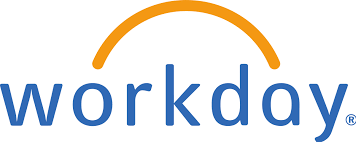
Debby Charrier, MBA, Interim Associate Vice President, Enterprise Applications will lead two workshops to help faculty get to know Workday Student better and provide guidance on entering interim grades and final grades. Each workshop will be offered three times.
Please register for the session you will attend. All of these workshops will be held in the Liberal Arts Building in Room 236.
Faculty Getting to Know Workday Student & Entering Final Grades
Tuesday, November 19, 2024
2:00pm – 3:00pm
Register: https://forms.office.com/r/dvFRxzW3ub
Thursday, November 21, 2024
8:00am – 9:00am
Register: https://forms.office.com/r/dvFRxzW3ub
Friday, November 22, 2024
10:00am – 11:00am
Register: https://forms.office.com/r/dvFRxzW3ub
Pedagogy and Technology: AI 101 - What you need to know
Tuesday, October 29, 2024
2:00pm – 3:00pm
LIB 407
Presented by: Meredith King, Assistant Director, Center for Teaching Innovation
This session will cover the basics of generative AI, AI literacy, and ethical use of AI. Learn about student use and explore practical ways faculty can use AI inside and outside the classroom. Expand your knowledge and skills in AI for education!
Demystifying the Reappointment, Tenure & Promotion Process
Thursday, October 17, 2024
2:00pm - 3:30pm
LIB 416
The workshop, led by Dr. Tina Johnson, Associate Provost for Faculty Affairs, will feature:
- Overview of the Reappointment, Tenure & Promotion (RTP) Process
- Panel Discussion
- Questions & Answers
Case Study: Improving Student Success in First Semester General Chemistry
Tuesday, April 2, 2024
12:30-m – 1:30pm via Zoom
First semester general chemistry (CHEM 1017) has become an obstacle to success for many students. All undergraduate science and most engineering majors must pass this course as part of their degree requirements. Consequently, the course represents a barrier for many students. Starting in the spring 2024 semester, we have implemented several strategies to improve performance, including in-class peer instruction, out of class peer coaching, and active learning strategies in both lectures and mandatory recitations. Quantitative data will not be available until the end of the semester, but qualitative feedback from enrolled students and peer mentors indicates improvement. Presented by Dr. Matthew Tarr, Eurofins Professor of Analytical Chemistry.
Title IX Workshop for Faculty
Thursday, March 21, 2024
12:00pm - 1:30pm
via Zoom
Join Title IX Coordinator Amanda Hanincik to learn about what Title IX is and what rights and responsibilities faculty have that relate to this important law. Participants will engage with scenarios to talk through the best ways to respond when faced with issues related to Title IX.
Understanding UNO's Current First-Year Students
Tuesday, March 12, 2024
1:00pm - 2:15pm
via Zoom
This session, led by Dr. Shannon Williamson, Director, First-Year Student Academic Success, will provide insights into UNO's first-year students, and the critical role faculty play in supporting students as they transition into the academic community of Privateers. Our session will review:
- Student demographics
- College readiness prior to enrolling
- Fall performance and engagement
- Key campus resources
- How faculty can best support first-year students in the classroom
Click here to access the recorded workshop and slides.
Demystifying the Reappointment, Tenure & Promotion Process
Wednesday, November 8, 2023
1:30pm – 3:00pm
LIB 416
The workshop, led by Dr. Tina Johnson, Associate Provost for Faculty Affairs, will feature:
- Overview of the Reappointment, Tenure & Promotion (RTP) Process
- Panel Discussion
- Questions & Answers
Research Services at UNO
Tuesday, October 31, 2023
3:00pm – 4:00pm
via Zoom
Join us for this informative session, led by Carol Lunn, Assistant Vice President, Research & Economic Development, during which she will go over the many ways the Office of Research supports faculty at UNO.
Topics to be covered will include:
- Networking Opportunities and Events
- Overview of Research Services
- Research Compliance and Ethics
- Funding
- Benefits for UNO
- General Tips
Click here to view the presentation from this workshop.
Disability Services - Overview and Definitions of Accommodations: What's New on the Legal Front and Q&A
October 11, 2023
1:00pm – 2:00pm
via Zoom
Join Amy King, Director, for an overview of the University's requirements, helpful definitions and what is happening on the legal front that impacts higher education—that means all of us! I will leave plenty of time for Q & A as this is where the best information is shared!
Click here to view a recording of this workshop.
Title IX Information for Faculty
Wednesday, September 27, 2023
2:00pm – 3:00pm
via Zoom
Join Title IX Coordinator Ann James to learn about what Title IX is and what rights and responsibilities faculty have that relate to this very important law.
Click here to view the recording of this workshop.
Academic Violence and Bullying of Faculty
Tuesday, May 2, 2023
1:00pm – 2:30pm
Via Zoom
Academic violence and bullying of faculty in higher education is a serious and prevalent issue. This workshop will provide a theoretical framework of academic violence and bullying as a weather pattern that requires the necessary “weather components” in order for it to occur. The workshop will also provide realistic hope and practical approaches for responding to academic violence and bullying of faculty (e.g., survival handbooks for victims and bystanders).
Objectives:
- Identify specific components of the theoretical framework for academic violence and bullying to occur.
- Describe the impact on individuals and their families that can rise to different levels of emotional, behavioral disorders.
- Identify the survival handbook components for victims and bystanders.
This session will be led by Geri Miller, Ph.D., ABPP, LP (NC), LCMHC (NC), LCAS (NC), a human relations trainer and consultant. She taught in higher education from 1990 until she retired as Professor in 2022. She has published and presented on the topic of workplace violence since 2006 and since 2009 has presented her theoretical framework and research on academic violence and bullying of faculty at professional conferences. She is a member of the American Psychological Association and the American Counseling Association. Her current book, Academic Violence and Bullying of Faculty (2024), is published by Cognella.
To view a recording of this workshop, please email facultyaffairs@uno.edu.
Slides and handout from workshop.
Learning Together: Creating Supportive Learning Environments for Transgender and Gender Diverse Students
Wednesday, November 16, 2022
1:00pm – 2:30pm
Via Zoom
Join us for this session conducted by Dietz, of Dietz Consulting, who will share ways faculty can create supportive learning environments for transgender and gender diverse students.
Topics covered will include:
- Review current gender-related terminology and best practices for utilizing correct names and pronouns.
- Raise awareness regarding transphobia, microaggressions, harassment based on transgender identity.
- Update faculty on current legislative challenges facing gender diverse people in Louisiana, particularly in educational settings.
Dietz (any pronoun used with respect) is the Health Coordinator for the Louisiana Coalition on the Criminalization of Health and is actively involved in local and regional legislative action related to LGBTQIA+ health and allied social justice movements. Dietz is passionate about uplifting their experiences as a direct service provider to better inform systems improvement and policy.
Interested UNO staff are welcome to join this workshop.
This workshop is sponsored by DEI @ UNO.
Demystifying the Reappointment, Tenure & Promotion Process
Wednesday, November 9, 2022
1:30pm – 3:00pm
LIB 407
The workshop, led by Dr. Tina Johnson, Associate Provost for Faculty Affairs, will feature:
- Overview of the Reappointment, Tenure & Promotion (RTP) Process
- Panel Discussion
- Questions & Answers
Panelists:
- Dr. Pamela Kennett-Hensel – Dean, College of Business
- Dr. Dimitrios Charalampidis - Associate Dean, College of Engineering
- Dr. Elaine Brooks - Chair and Professor, Department of Language and Literature
- Dr. Randy Kearns - Associate Professor, Healthcare Management
How Faculty180 Data is Used at UNO
Thursday, October 27, 2022
1:00pm - 2:00pm via Zoom
Faculty180 is our web-based faculty activity reporting system that provides a convenient, single place for faculty to record their contributions and accomplishments related to research/creative activity, teaching, credentials, and service. Most faculty know that the information added to Faculty180 is used by the chairs and deans in the annual faculty evaluation process. What they may not know is that Faculty180 data also helps support institution-wide academic planning, assessment, and accreditation efforts.
Please join us for a panel discussion to gain a deeper understanding of how the data in Faculty180 is used at various levels and in different contexts. You will also have an opportunity to ask questions.
Facilitator: Dr. N. Tina Johnson, Associate Provost for Faculty Affairs
Panelists:
- Dr. Steven Johnson, Dean of the College of Sciences
- Dr. Elaine Brooks, Chair of the Literature and Languages Department
- Dr. Christy Corey, Senior Associate Dean of the College of Business
- Dr. Bill Sharpton, Associate Provost (Gratis) and Professor Emeritus of Special Education
In addition, we will share tips to simplify the task of entering your data into Faculty180 and resources for support using the platform.
Visit our Faculty180 page for more information on using Faculty180.
How Faculty Can Use EAB Navigate to Support Students
Thursday, September 29, 2022
1:00pm - 2:00pm via Zoom
EAB Navigate is our student success management system—a comprehensive online early alert platform that provides tools to advisors, faculty, academic support specialists, and others to better collaborate and assist students on their journey to graduation.
Caroline Noyes, Associate Provost for Academic Programs, and Joseph Bisceglie, Senior Director of Student Academic Success, will lead this workshop to introduce faculty to the key features of the EAB Navigate platform and how it can be used to help support students.
In this session, you will learn how to:
- Understand the Professor Home Page
- Communicate with Students
- Issue Alerts
- Document Interactions with Students
- Schedule Appointments with Students
Visit our Resources page for links to helpful information on using EAB Navigate.
Q&A on Faculty Leave for Becoming a Parent
Tuesday, February 8, 2022
11:00am - 12:00pm via Zoom
Join us for this Q&A session with Karen Paisant, Associate Vice President for Human Resource Management, to get your questions answered about faculty members' options for using FMLA, pregnancy leave and accrued sick leave for the birth or adoption of a child.
Demystifying the Reappointment, Tenure & Promotion Process
Wednesday, November 10, 2021
2:00pm - 3:30pm via Zoom
The workshop, led by Dr. Tina Johnson, Associate Provost for Faculty Affairs, will feature:
- Overview of the Reappointment, Tenure & Promotion (RTP) Process
- Panel Discussion
- Questions & Answers
Understanding UNO's Office of Research Support for Faculty
Wednesday, October 20, 2021
1:00pm - 2:00pm via Zoom
This Q&A session, lef by Dr. Matthew Tarr, Vice President for Research and Development, will help participants have a better understanding of UNO’s Office of Research support for faculty research, scholarly, and creative endeavors, including:
- How indirect costs and fringe benefit rates are determined and utilized
- Strategies for growing collaborative, high-impact projects on our campus
- Support services offered to decrease faculty burden and increase success in grant proposals
- Internal grants, awarded on a competitive basis, to stimulate research, scholarly, and creative work
Responding to Disasters: Mental Health Management
Wednesday, October 6, 2021
1:00pm - 2:30pm via Zoom
Workshop Facilitator: Portia Gordon, LPC-S, RPT-S, Director of Counseling and Health Services
From COVID-19 to hurricanes, we are living through a time that is constantly changing the landscape of community, the ways that we connect and the ways that we interact with each other. While these events are still active parts of our lives, it’s important to acknowledge the impact they have on our mental health and the mental health of those around us. During this hour, we will discuss some of the impacts that disasters and the recovery process have on mental health, how to recognize signs of mental health stress and where to reach out for support.
After this session, participants will be better able to:
- Understand the impacts of disasters on mental health and how they present in the classroom and on campus
- Recognize signs of mental health stress
- Navigate the process of managing mental health while on campus
Followed by a panel discussion: The Impact of Disasters on Mental & Emotional Health: A Candid Conversation
Panel Facilitator: Dr. N. Tina Johnson, Associate Provost for Faculty Affairs
2021 Faculty Fall Kickoff Events
NCFDD Webinar: Every Semester Needs a Plan | Virtual Event
Wednesday, August 11, 2021
10am-12pm
- Do you start the semester or term with high hopes for your writing projects but end disappointed by your actual productivity?
- Do you desperately want or need to write a lot this semester?
- Do you want to figure out how to be more productive and enjoy your life this semester?
This workshop will help you identify personal and professional goals, create a strategic plan to accomplish them, and identify the types of community, support, and accountability necessary to have the most productive and balanced semester ever.
Available on demand here.
Dr. George Kuh: High Impact Learning and Teaching Practices | Virtual Event
Thursday, August 12, 2021
2pm-3:15pm
Dr. George D. Kuh is Chancellor’s Professor Emeritus of Higher Education at Indiana University (IU). He is founding director of IU’s Center for Postsecondary Research, the National Survey of Student Engagement (NSSE), and the National Institute for Learning Outcomes Assessment (NILOA). The session will cover why and how High Impact Practices (HIPs) are important to student and institutional performance and illustrate the kinds of policies and practices that channel student and institutional effort toward educationally purposeful ends and often boost the performance of historically underserved students. Special attention will be given to how to integrate HIPs and HIP-like features in classrooms, labs and studio.


